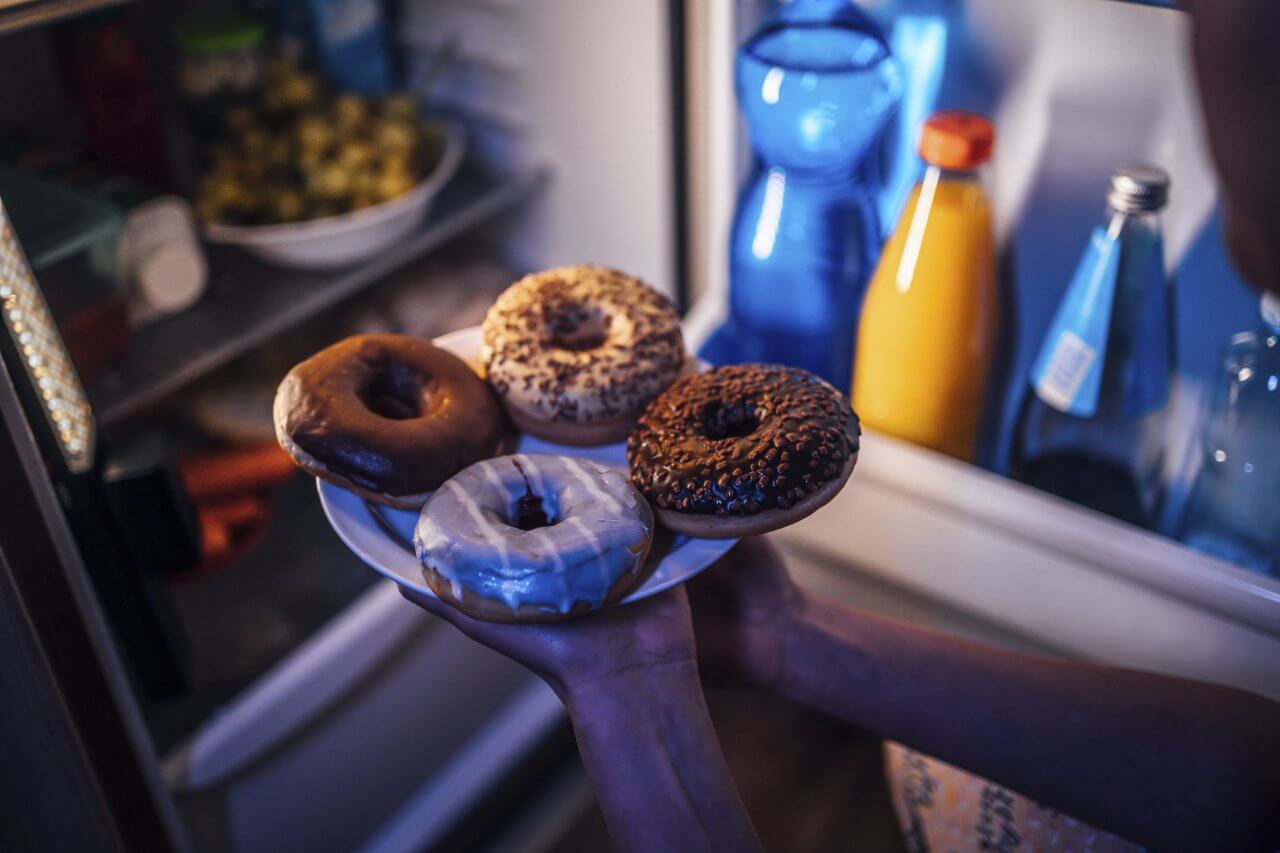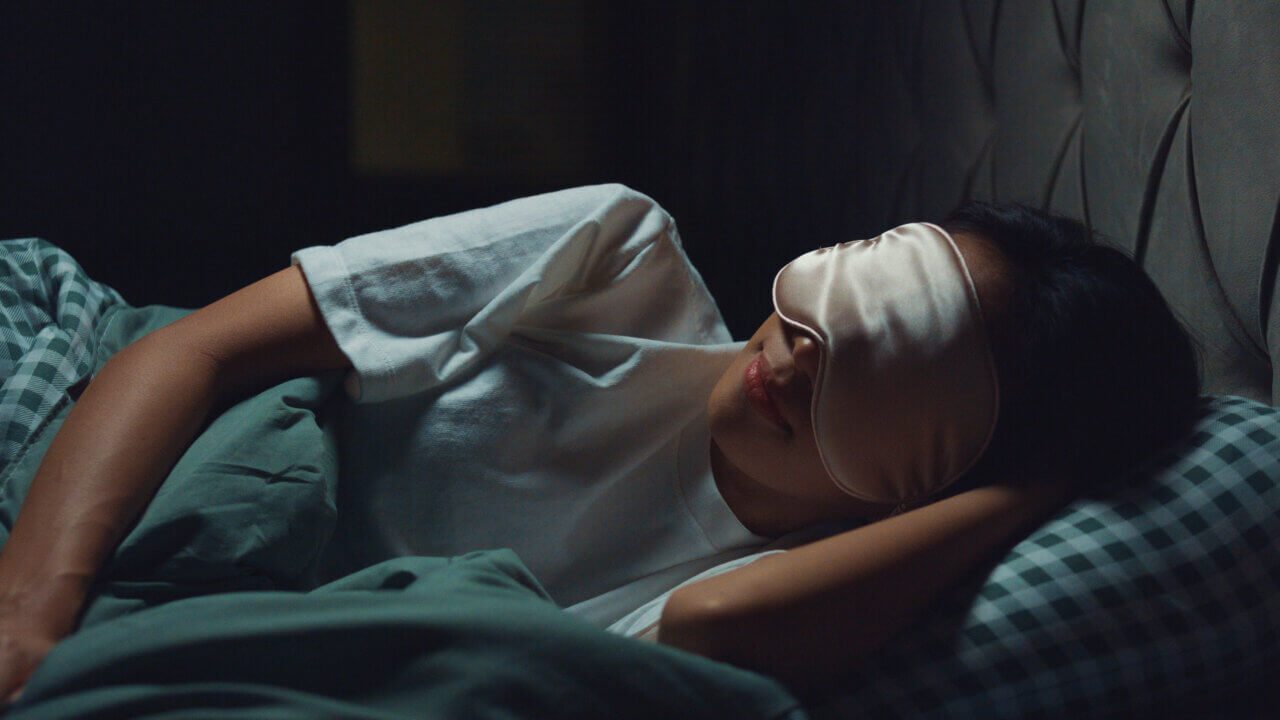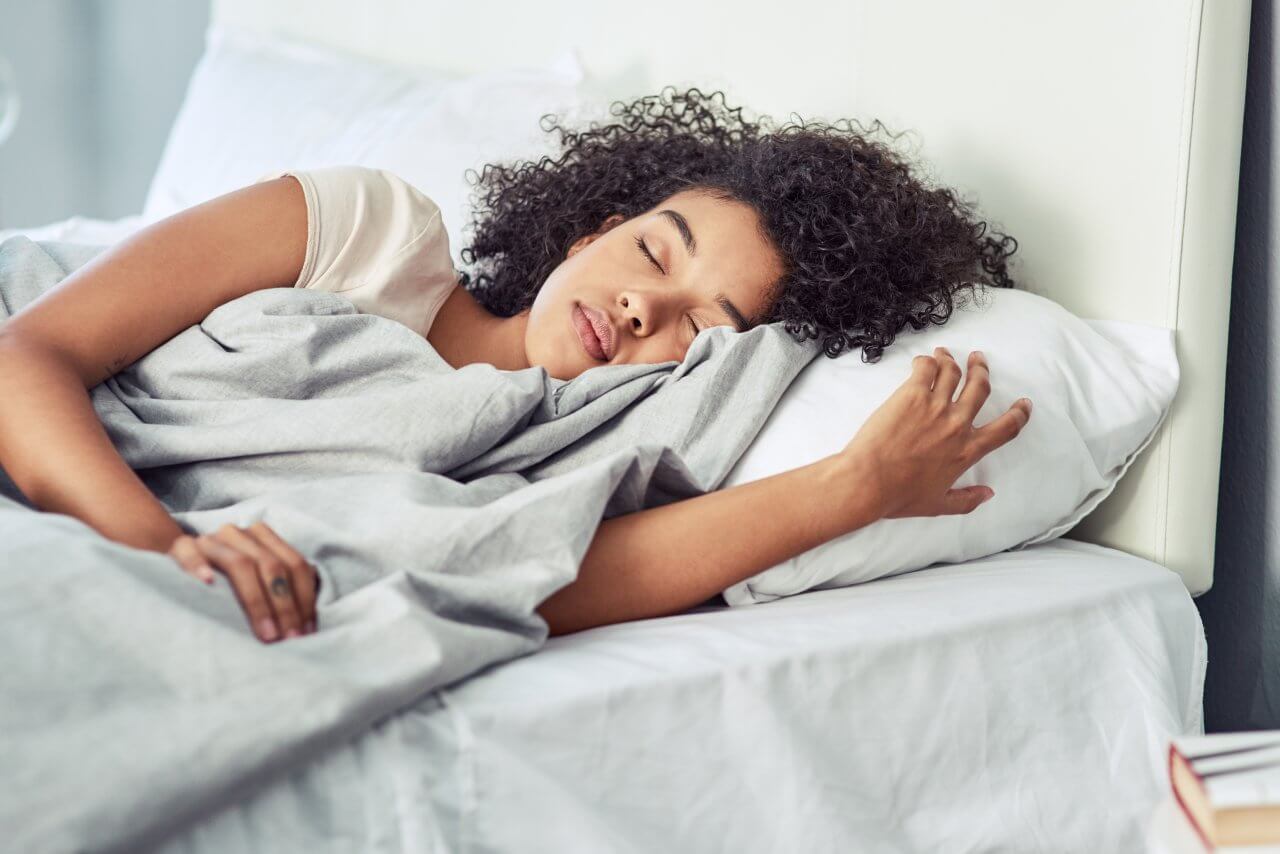How Does Nutrition Affect Sleep?

We all know that eating healthy foods and getting enough rest is essential to good health. But there’s also a strong relationship between healthy nutrition and sleep. In fact, studies suggest there’s even a positive correlation between diet and sleep apnea or insomnia. So, understanding how food affects sleep can help you get more of it!
Nutrition and Quality Sleep
Maintaining a healthy diet gives your body what it needs to perform at its best throughout the day. But what you eat also affects how well you sleep. Specifically, getting the recommended amounts of these nutrients is crucial:
- Calcium promotes falling and staying asleep more easily
- Magnesium lowers cortisol, controls the stress response, and improves sleep quality
- Zinc accelerates sleep onset and improves sleep quality
- Vitamins A, B, C, D, E, and K play varying roles, including that B vitamins regulate melatonin, which plays a key role in the sleep-wake cycle, and C and D affect sleep quality and maintenance
High-Carbohydrate Meals Affect Energy Levels and Sleep Quality
Carbohydrates are an essential energy source, and your body does need energy overnight. However, you should use good carbs (like those found in whole grains and fruits) for this purpose rather than bad carbs (like sugary beverages, pastries and white bread).
Bad carbs can hurt your sleep quality. Research has shown that they can increase the number of times you wake up at night and decrease the amount of deep, restorative sleep you get.
What Foods Can Help You Sleep Better?
If you decide to leverage the effects of diet on sleep quality, foods you can add to your meal plan or get more of include:
- Milk
- Lean meat and poultry
- Fish
- Low-fat dairy
- Eggs
- Legumes (various types of beans and peas)
- Berries
- Kiwi fruit
- Tart cherries or cherry juice
You should consume these and other foods in appropriate amounts since maintaining a healthy weight is also important to sleeping well. Also, it’s important to drink plenty of water throughout the day — just taper your consumption later in the day to reduce overnight bathroom trips.
What Foods Should You Avoid Before Bedtime?
The sleep and diet connection also includes foods you should avoid before bedtime. Consuming too much of them can make falling asleep or staying asleep more difficult. These foods include:
Nutrient Supplementation
It’s best to get the nutrients you need for better sleep from the foods you eat. However, nutritional supplements can help, provided your doctor approves them. They include:
- Melatonin
- Magnesium
- Valerian root
- Glycine
- Tryptophan
- Ginkgo biloba
- Lavender
- Passionflower
Enjoy Better Sleep with Help from Our Sleep Specialists
If you struggle to get enough deep, restful sleep, Baptist Health Sleep Center experts can talk with you about the relationship between healthy nutrition and sleep. They can provide insights on everything from the effects of diet on sleep quality to the anti-inflammatory diet and sleep apnea.
Get in touch today and start sleeping better!



